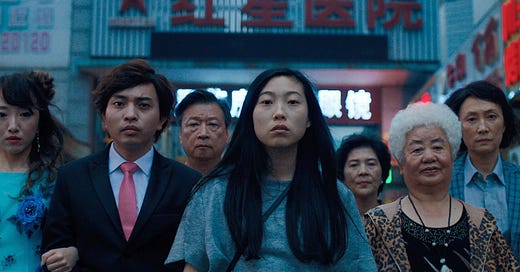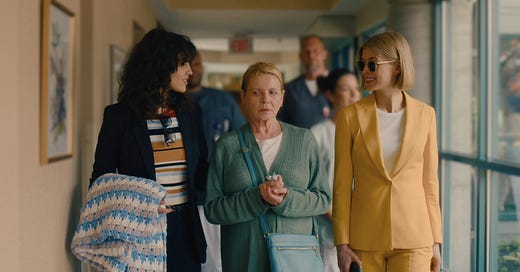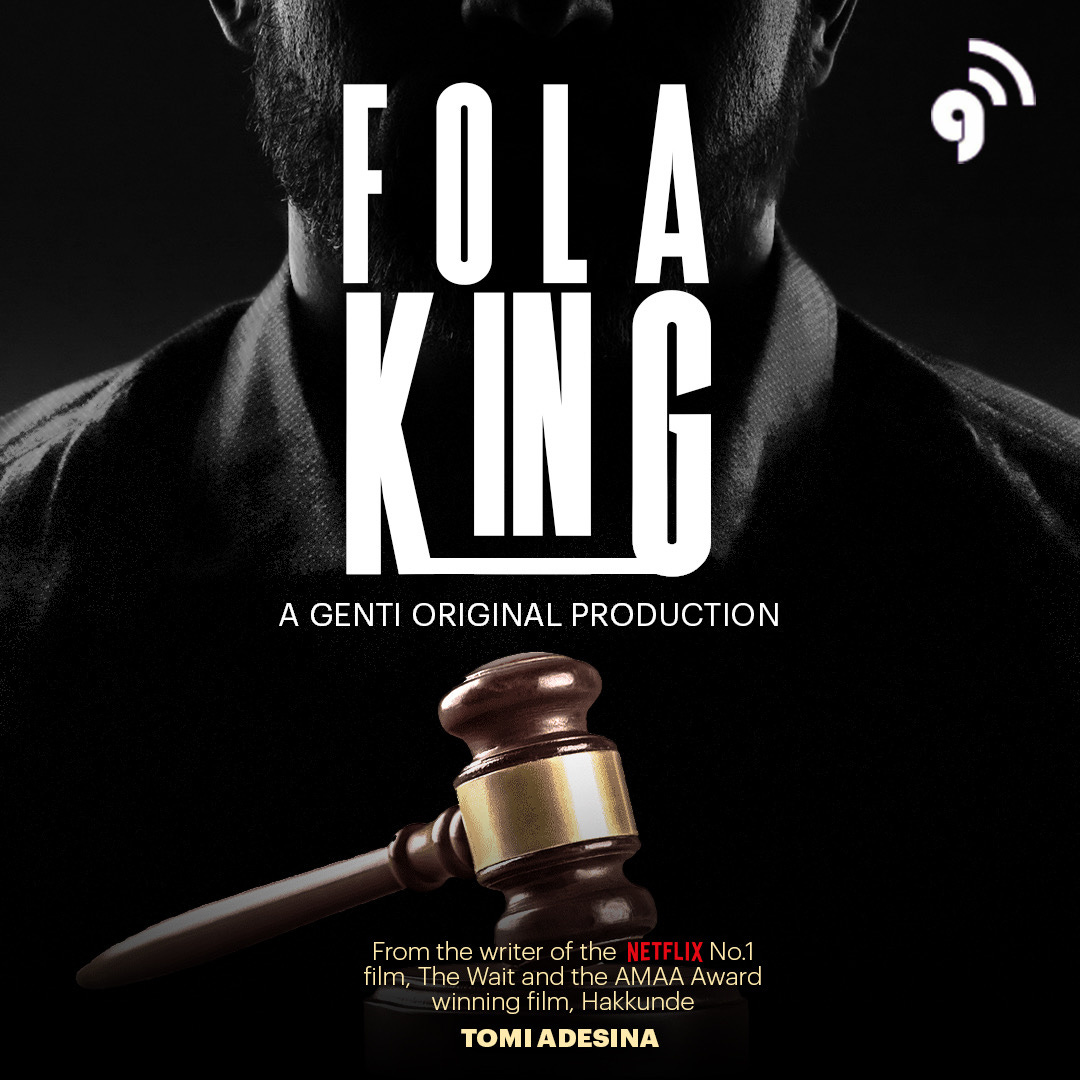My mother’s cousin had died, and nobody was going to tell our grandmother. I remember asking my mother why they felt the need to keep such important information away from her. ‘Mama is old, and this type of news will kill her’ so they kept it away from her. A part of me always wondered if Mama needed to know and maybe say goodbye to him. But I’ll never know.
Lulu Wang’s The Farewell (2019) opens with a title card that reads: “Based on an actual lie”. The film, based on Wang’s family story, takes an interesting position in portraying goodbyes or the lack of it. In The Farewell, a Chinese family learns that their matriarch (Nai Nai) is sick and dying but decide against telling her because they worry that the fear of dying might accelerate her impending death. To ensure that Nai Nai spends a final moment with her family, who are scattered all over the world, they schedule a family wedding in China. So, one after the other, Nai Nai’s family arrive from different parts of the world and converge in China for what will be a no-expense spared wedding.
Billi (played by Awkwafina), the story’s protagonist, is conflicted about this plan to keep her grandmother’s three months terminal cancer diagnosis a secret. Billi believes it is Nai Nai’s right to know but she is the minority in this argument, so she eventually concedes with the popular decision to stay silent.
My thoughts are complex and so I wrote this post to declutter. Is it okay to assume autonomy over the older person’s life in the process of upholding secrecy out of the duty to care?
On the one hand, we can argue that Nai Nai is a willing participant of her farewell as she single-handedly takes responsibility for her grandson, Hao Hao’s wedding, selecting the venue, menu and coordinating the entertainment. But, on the other hand, these are actions carried out in ignorance as she’s the only family member living in the irony and lie of what these festivities are truly about. It is not only a celebration of new lives about to begin, but a celebration of life for one whose life is about to end.
As the wedding day draws closer, Billi struggles with this far-gone plan and confronts her father and uncle, Haibin. She is in so much pain from hiding the truth and wants them to tell Nai Nai the truth about her diagnosis. Haibin accuses her of being obsessed with uncovering the truth because she could not bear the burden of grieving for Nai Nai. To Haibin, the entire family were feeling these pains in Nai Nai’s stead. To Haibin, the wedding ceremony was a way to give Nai Nai a farewell she could savour with the complexities of pain.
I understand Haibin’s position.
Of what good is it for the dying to spend their last days in the agony of death? This is interesting to consider, especially in the reality that “we are but dead men grieving for the dead.” That is, in some sense we are all living out the rest of our days.
I also understand Billi’s position.
Nai Nai had the right to know that she was sick and did not need to live in the dark on that truth. If Nai Nai had bucket list or grand preparations to make for her passing, she should have been allowed the opportunity to do it. As Nai Nai works hard to throw Hao Hao a big wedding, she makes another promise to Billi: ‘Your wedding will be bigger than his’. This promise breaks Billi’s heart as she is privy to more information on Nai Nai’s health. Billi suggests staying back in China after the wedding so she could look after Nai Nai, but her mother disagrees. Billi cannot be trusted with the weight of the secret.
Billi eventually gets onboard with the rest of the family in keeping the secret and takes the lead role in hiding Nai Nai’s official test results which were coincidentally picked up on Hao Hao’s wedding day. Refusing to allow reality to threaten the joy and bubble successfully created for Nai Nai, Billi forges an alternate test result. She earns her place in the family; she now understands what it means to bear Nai Nai’s grief.
But what about Nai Nai’s position? There is a saying that goes: ‘what you don’t know can’t hurt you’ and in Nai Nai’s case, it does hold water.
As the film’s title credits roll, we learn that six years later, Wang’s grandmother who Nai Nai’s character was based on is still very much alive and unaware of her condition.
***
I write essays and reflections on ageing in my research blog, 1807intime. Please check it out here: https://1807intime.wordpress.com
















